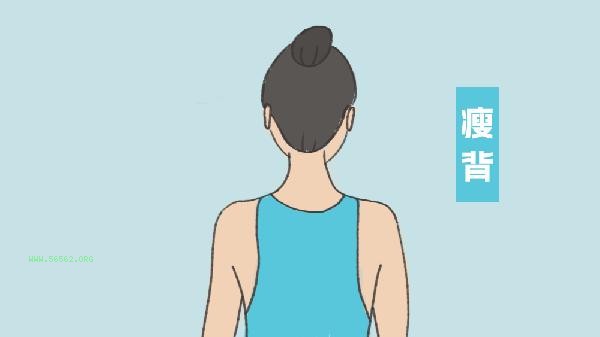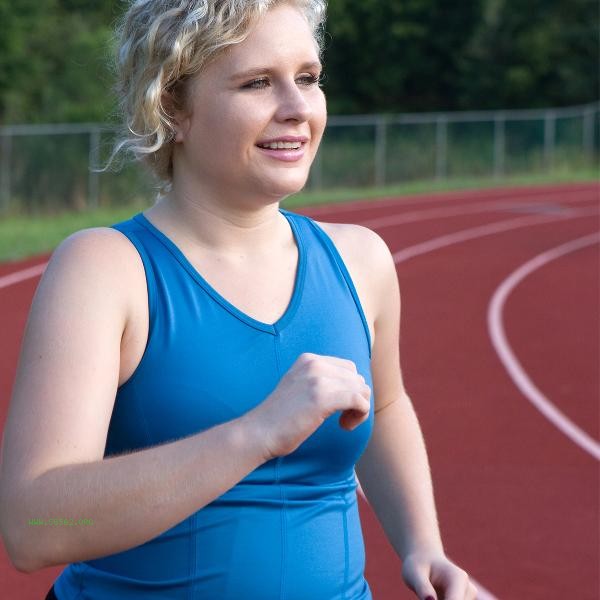Sweating more during exercise does not directly equate to faster weight loss results. Sweating is a natural response of the human body to regulate body temperature, while fat consumption is mainly completed through energy metabolism, and the two belong to different physiological mechanisms. The amount of sweat during exercise is influenced by factors such as environmental temperature, humidity, personal physique, and exercise intensity. Exercise in high temperature environments may cause people to sweat heavily in a short period of time, but this mainly leads to the loss of water in the body rather than fat breakdown. Some people have well-developed sweat glands or are temperature sensitive, and may sweat more even during low-intensity exercise, but their actual calorie expenditure may not be higher than that of people who sweat less. High intensity interval training may result in relatively less sweating, but higher energy efficiency per unit time. In some special cases, there is an indirect correlation between sweating and calorie expenditure. Long term aerobic exercise such as jogging or swimming may be accompanied by continuous sweating, during which the proportion of fat supply gradually increases. However, measuring weight loss solely based on sweating may mislead people into pursuing high-temperature exercise or excessive body wrapping, which can instead lead to health risks such as dehydration and electrolyte imbalances. Professional athletes pay more attention to their heart rate range and duration during the weight loss period, rather than how much they sweat. The weight loss effect depends on the size of the calorie gap and the scientific nature of exercise. It is recommended to combine aerobic and strength training, control dietary calorie intake, and avoid blindly pursuing sweating. Timely replenish moisture before and after exercise, choose breathable clothing, and pay attention to changes in body fat percentage rather than short-term fluctuations in weight. If you have underlying diseases or severe discomfort after exercise, you should consult a doctor or professional fitness instructor.










Comments (0)
Leave a Comment
No comments yet
Be the first to share your thoughts!